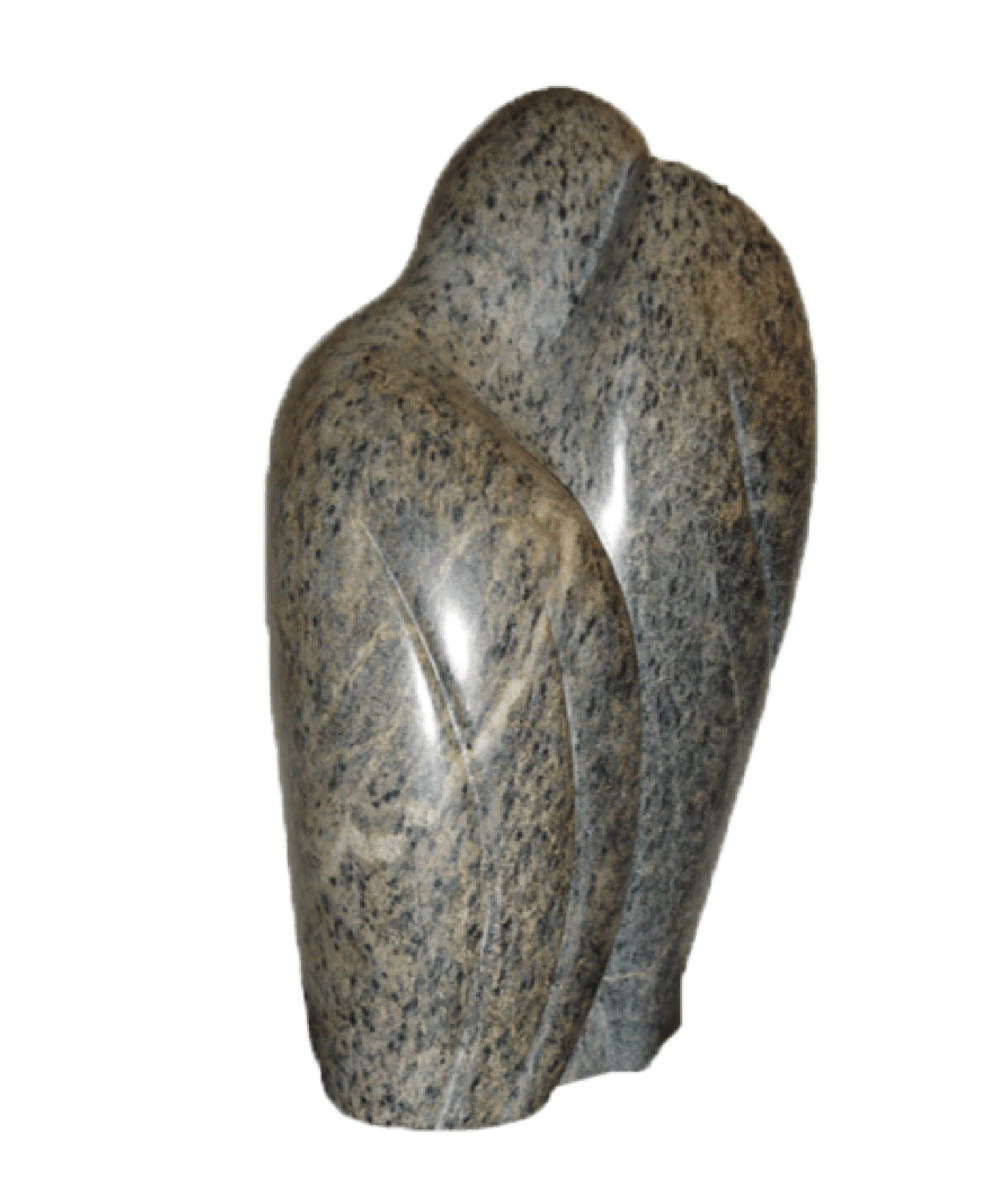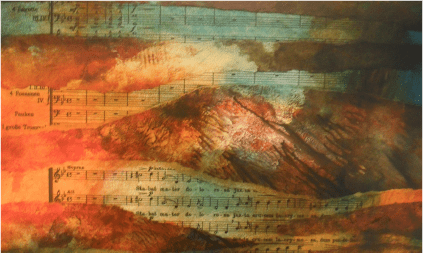Bronius Kutavicius
About the composer
Bronius Kutavicius, (1932 – 2021, Lithuania) was inspired by Lithuanian folklore, mythology and religion for his compositions. In 1970 he astonished the public with his Pantheistic Oratorio, a composition that did not resemble anything that had been heard before in Lithuania. After that followed a cycle of other oratorios, the Last Pagan Rites (1978), the Jatvingian Stone (1983) and the Tree of the World (1986). These are considered to be highlights of modern Lithuanian music and are described as being highly theatrical and resembling ancient rituals with constantly pulsating rhythms. In his later works Kutavicius turns to other cultures like Japan, American indians and the Celts. This can all be found back in his work The Gates of Jerusalem, which is based on the description of the holy city in the Revelation. The four gates each represent religious rites from different parts of the world, Japanese Gagaku music in the East, a kind of Mass with texts from Karelian rites in the North, melodic patterns from African tribes in the South and the Stabat Mater represents the West.
About the Stabat Mater
| Date: | 1995 |
| Performers: | Tenor, mixed choir and orchestra |
| Length: | 18.37 minutes |
| Particulars: | The Stabat Mater concludes the Gates of Jerusalem. Though written as a whole, some distinctly different parts can be recognized. It opens with the cantor, reciting the Stabat Mater on a long out-drawn note. When he is halfway the second stanza, the choir comes in slowly with the first stanza again, gradually growing stronger until after the seventh stanza the cantor cannot be heard any more. The next part let us hear some fast, staccato singing, after which a third part starts with an enormous organ outburst. The final part is somewhat like a funeral march, ending in a resigning Amen. |
| Textual variations: | The complete text of the "Vatican"-version is used. |
| Colour bar: |
|
Information about the recording
| CD: | Dreyer – Gado CD 21003: The Gates of Jerusalem |
| More info: | Part Four, the Stabat Mater, was recorded at the Lithuanian National Philharmonic Hall in February 2001. |
| Choir: | Aidija Chamber Choir |
| Conductor: | Donatas Katkus |
| Soloists: | Romualdas Grazinis |
| Code: | 2002 KUT-01 |
Listen
Kutavicius, Bronius





